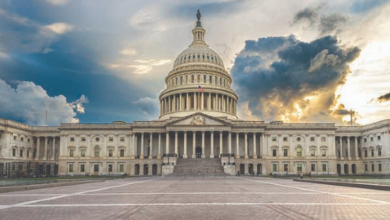NHTSA looks to crack down on novelty helmets
The U.S. Department of Transportation’s National Highway Traffic Safety Administration (NHTSA) today issued a Notice of Proposed Rulemaking (NPRM) that would help protect motorcyclists from unsafe helmets and aid state efforts to enforce existing motorcycle helmet laws. The NPRM seeks to address the ongoing use of “novelty motorcycle helmets.” These poorly constructed helmets do not meet DOT safety standards for crash protection, but are frequently marketed and sold for on-road use.
“Motorcycle rider deaths are disproportionally high. Our nation lost 4,668 motorcyclists in 2013 alone and protective helmets could have saved many of those lives,” said U.S. Transportation Secretary Foxx.
Motorcycle helmets that meet DOT safety standards help save more than a thousand lives every year, according to NHTSA estimates. Novelty helmets do not meet those standards.
A study of motorcyclists injured in crashes and transported to a shock trauma centers showed that 56 percent of those wearing a novelty helmet had serious head injuries, compared to 19 percent of riders who were wearing a DOT-certified helmet.
“Wearing a helmet that meets DOT standards can literally mean the difference between life and death,” said NHTSA Administrator Mark Rosekind. “Our proposal ensures that when motorcyclists put on a helmet it offers that life-saving protection.”
NHTSA’s proposal would add to current regulations a definition of what products are considered motorcycle helmets and introduces criteria that can be used to identify helmets that do not comply with the federal standard.
The proposal establishes preliminary screening criteria to help law enforcement agencies quickly identify helmets that are incapable of meeting the minimum performance requirements. The preliminary screening involves examining the thickness of the inner liner and the outer shell, and of the liner’s ability to resist deformation, which indicates its ability to absorb crash energy.
View the full proposal. The public comment period is open for 60 days and feedback can be submitted online via www.regulations.gov.









